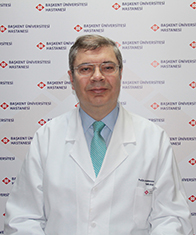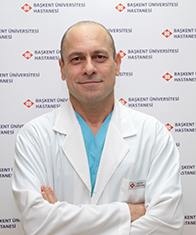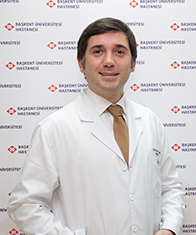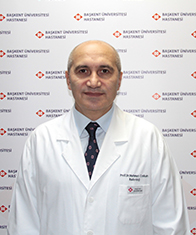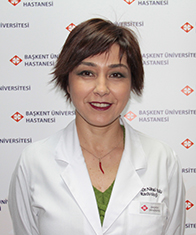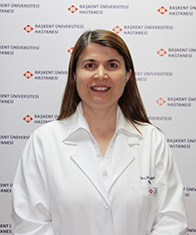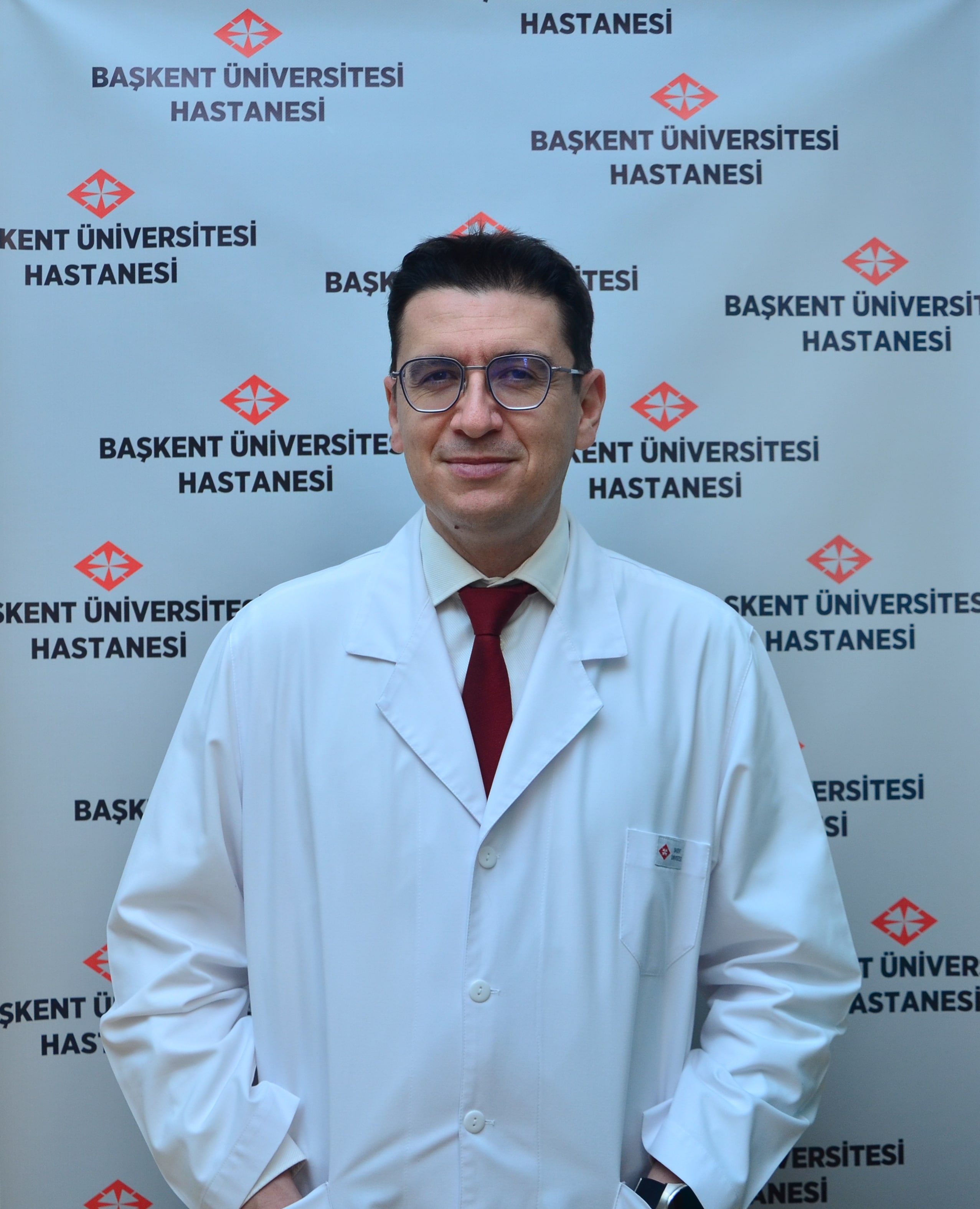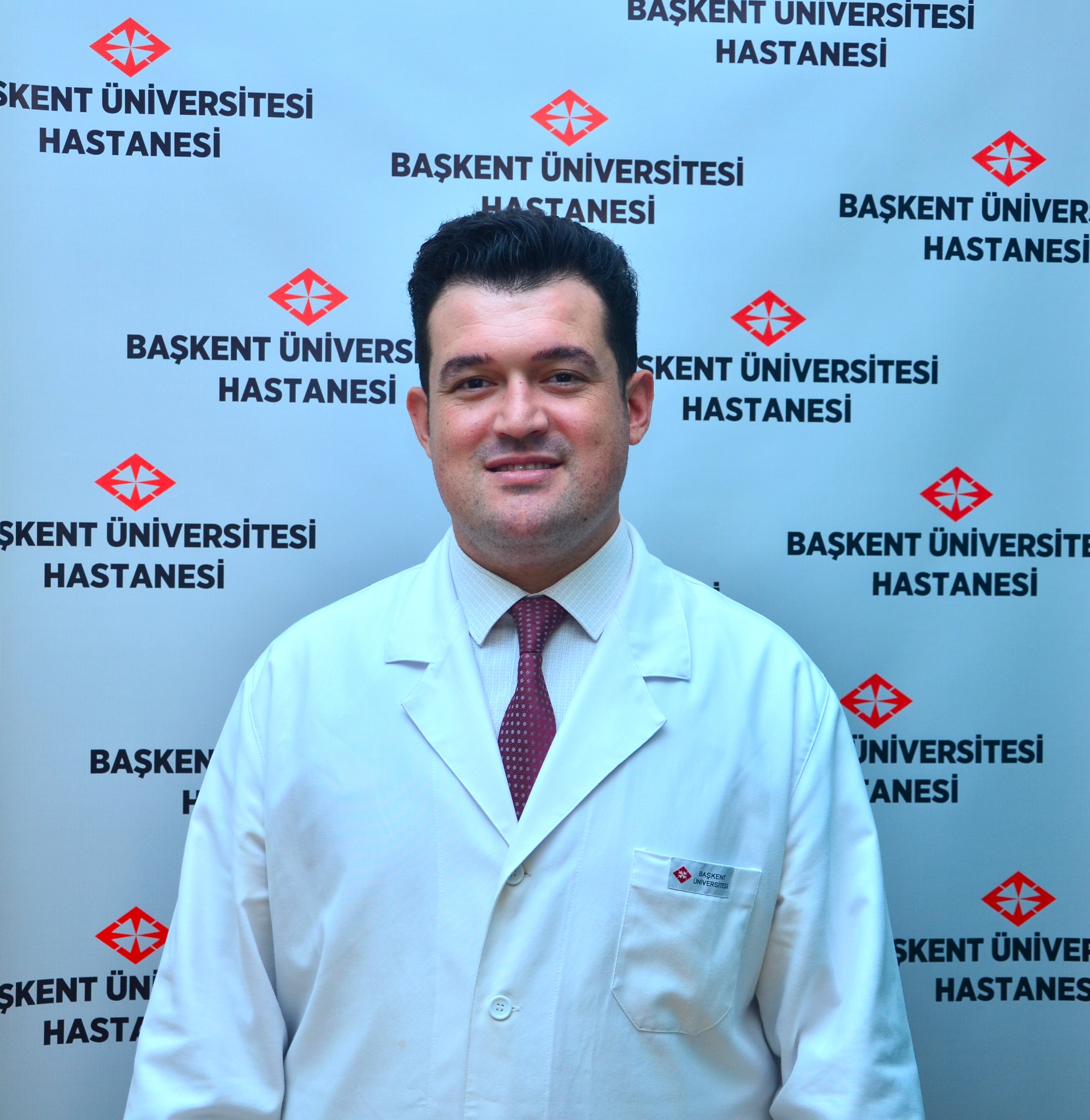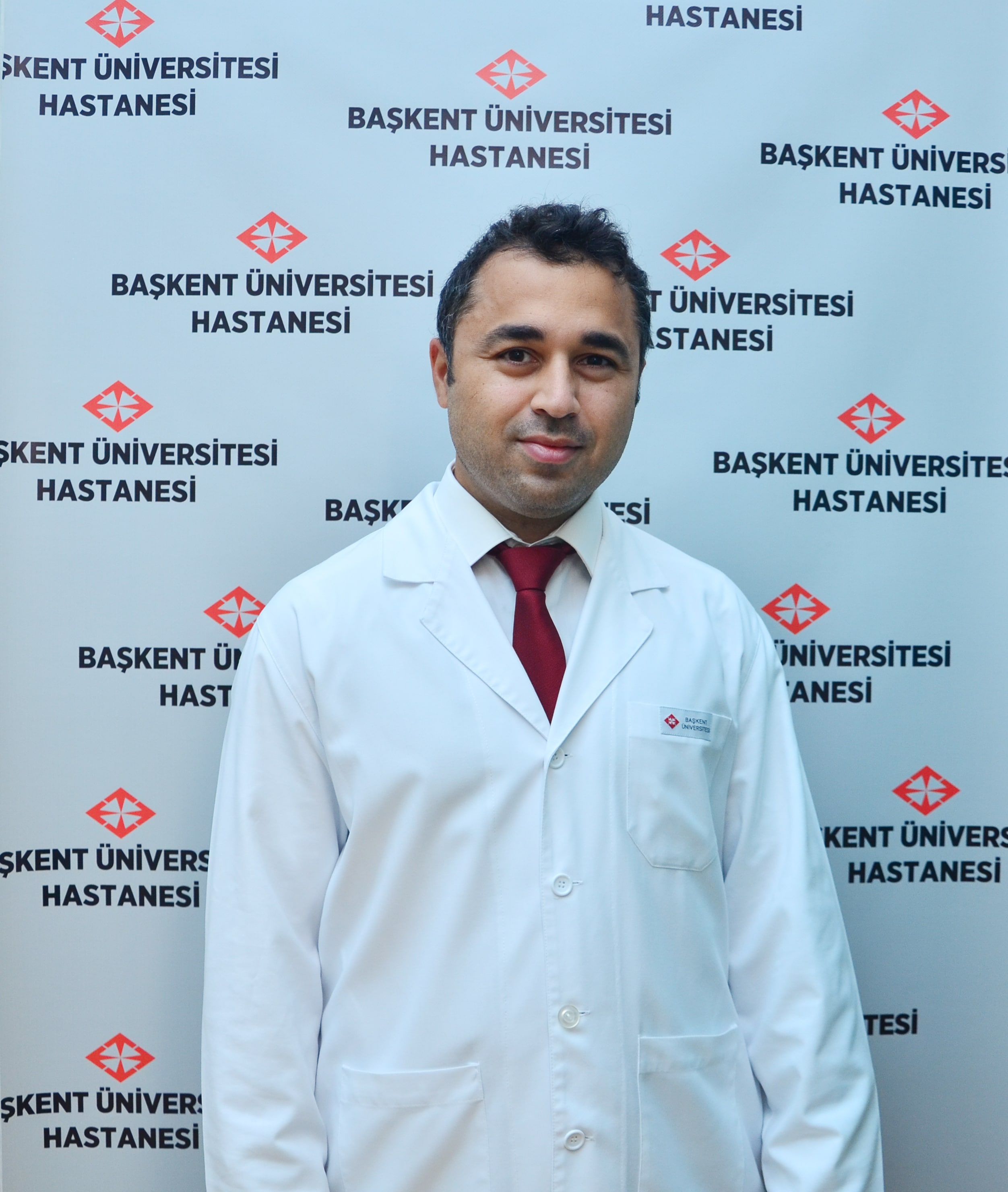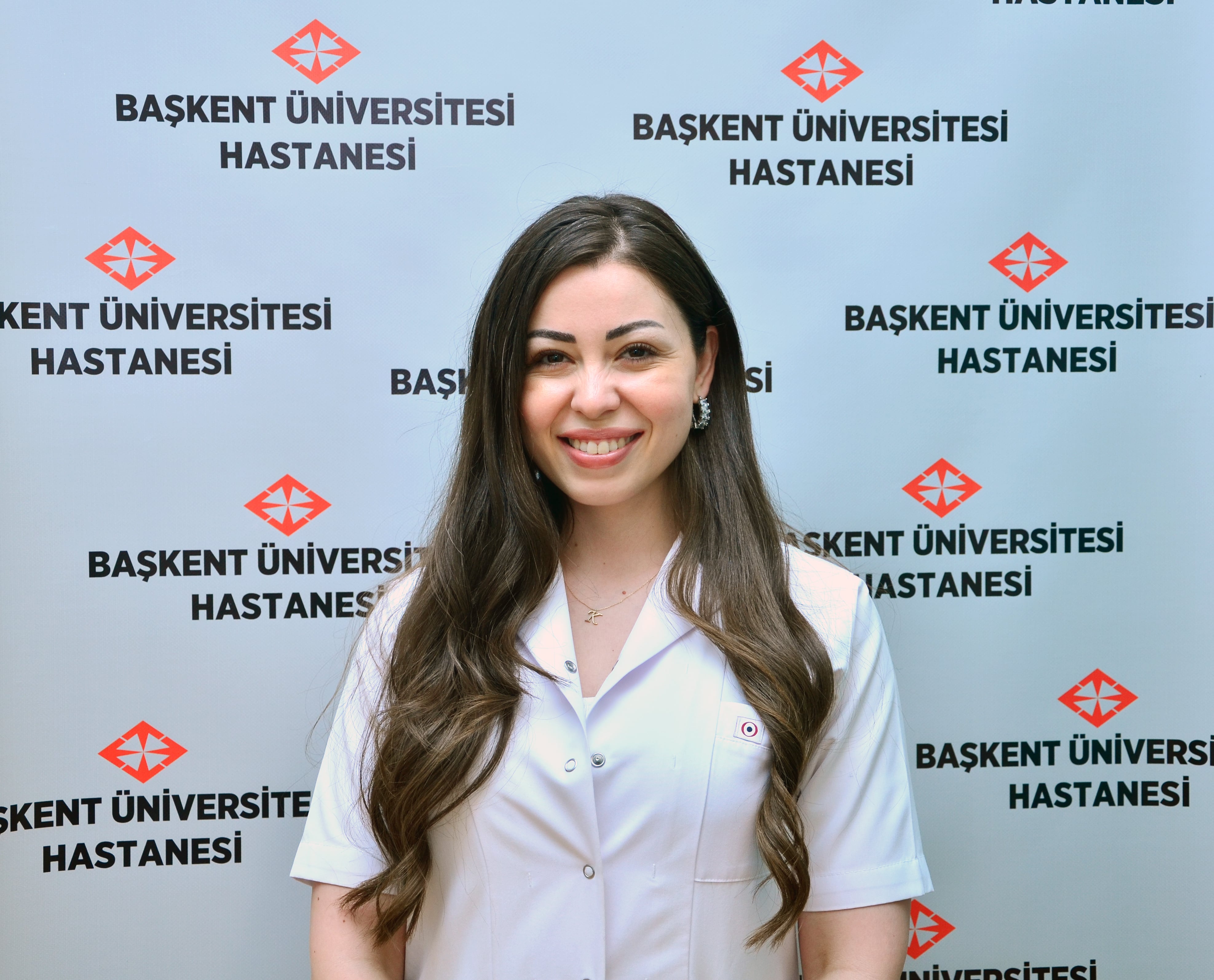Virtual Colonoscopy
CTcolonoscopy, also called virtual colonoscopy is a powerful minimally invasive technique for detection of early stage polyps and cancers. Bowel cancer is one of the most common types of cancers. A colorectal cancer screening is recommended every 3-5 years for people over the age of 50. More frequent screening for people with a family history of cancer is recommended. If early diagnosed intestinal polyps are removed, colon cancer development can be prevented. Virtual colonoscopy provides early detection of polyps and cancers.
Virtual colonoscopy for detecting polyps measuring between 7-10 mm has been found to reach the 92% of sensitivity. Diarrhea or constipation, bleeding or blood in the stool, loss of appetite ,abdominal pain and weight loss are the main symptoms of colon cancers.
In concentional colonoscopy, a long, flexible tube is inserted in the colon, and colon segments are visually assessed via a camera. Sedation is most commonlu required. The images obtained by camera are transferred to the monitor. The procedure lasts for 30-60 minutes, which is relatively hard.
The bowels need to be completely empty and clean for the exam. A problem in the large intestine that needs to be treated may be missed if the intestines are not cleaned out. The patient needs to restrict high fiber foods and drink plenty of clear liquids for 1 to 3 days before the test. One day before the examination, after a light dinner bowel emptying syrup is used. On the examination day, patient should be at the CT unit with fasting after the dinner.
.A very small, flexible tube will be passed into rectum to allow air to be gently pumped into the colon using a hand-held squeeze bulb. The purpose of the gas is to distend the colon as much as possible to eliminate any folds that might hide polyps from the physician's view. Next, the table will move through the scanner. Patients are asked to hold their breath for about 15-20 seconds or less before turning over and lying on their back or side for a second. The entire examination is usually completed within 15-20 minutes.
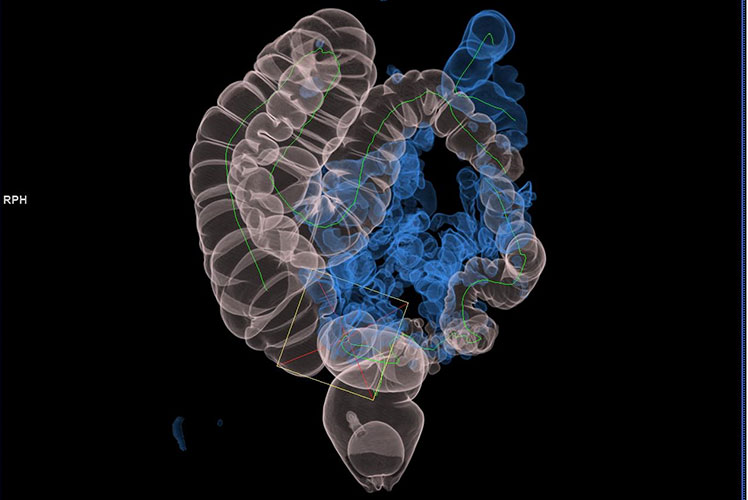 |
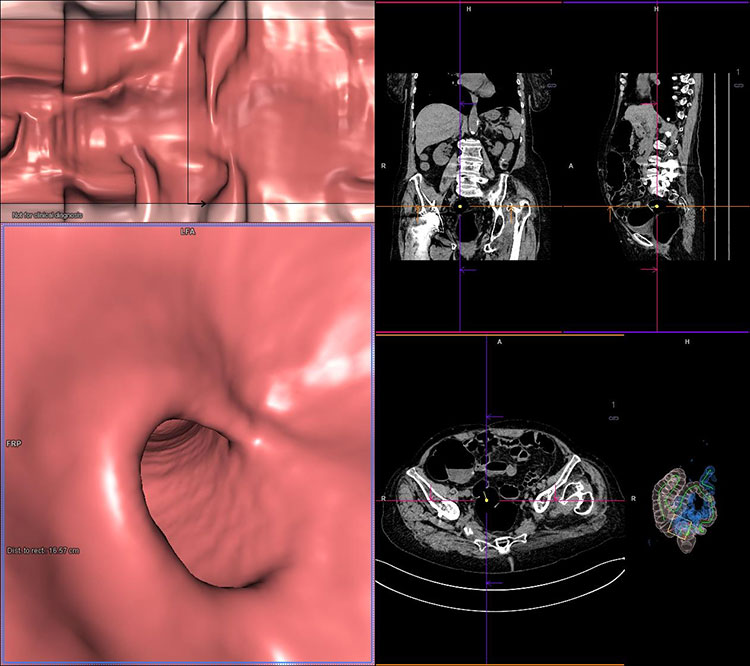 |
